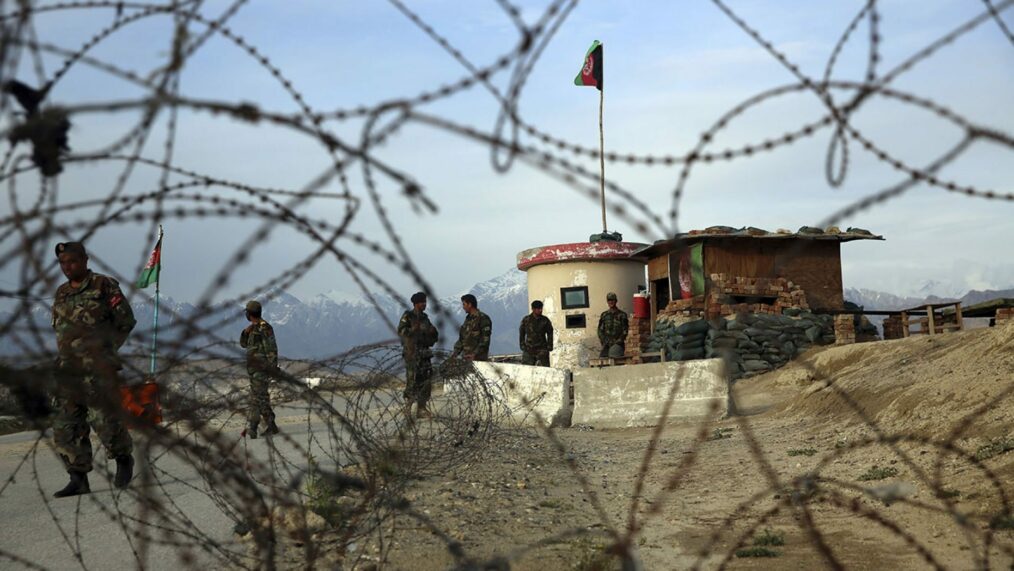
Could US Retaliation for ISIL Strike Influence Afghan Peace Talks?
On April 9, the Islamic State of Iraq and the Levant -Khorasan Province (ISIL-KP) claimed responsibility for rocket strikes on an important United States airbase. The strikes resulted in zero casualties, but have the potential to spark retaliation from the US while it negotiates troop withdrawl as part of their deal with the Taliban. This could derail already fragile negotiations.
ISIL-KP has been responsible for some of the deadliest attacks targeting the Taliban, Afghan citizens, and the US-backed Afghan government in the past few years. Though they control little territory, their strength has been assessed at approximately 2,000 fighters limited to North-East Afghanistan. Stalled peace talks and the recent prisoner release debacle offer ISIL-KP a window of opportunity and indicate why the group chose to strike now — nearly six months since its last claimed major attack. Simply put, ISIL-KP is trying to disrupt the peace talks to keep the US in Afghanistan.
Terrorist groups like ISIL-KP thrive on instability and chaos as they develop in the shadows of larger players and conflicts. These groups utilize destruction and economic disparity to increase their numbers and influence. However, if the US leaves Afghanistan, ISIL-KP lose the cover of the US-Taliban conflict to hide their actions.
The Taliban can focus on dismantling smaller insurgent and terrorist organizations as a consolidation of power in the case that the US leaves Afghanistan. ISIL-KP is not an exception to this rule as they are unable to match the strength of the Taliban. Therefore, it is assumed that the ISIL-KP attack was an attempt to keep the US in the region by destabilizing the peace talks.
If the Taliban and the US continue to fight each other — in the battlefield or the negotiation table — then ISIL-KP survival is expected. It is very likely that violent attacks of some kind will continue because deterioration of the peace talks is crucial to the longevity of ISIL-KP. Now is not the time for the US to be sidetracked and fall into a trap set by ISIL-KP.
Any strikes in Afghanistan can be used as pretext for the Taliban to retaliate as well as lose whatever little trust they have in the US. The Taliban could pull out of the already fragile negotiations and this is not something the US can risk. Too much is at stake and too much can go wrong.
In order to demonstrate that the US will keep its troop withdrawal commitments, now is not the time to retaliate against ISIL-KP. Energy must be focused toward the present negotiations and building trust with the Taliban. The strike on the US airbase may be cause for concern, but it cannot be a distraction from the mission at hand: leaving Afghanistan.
– Cameron Hoffman
